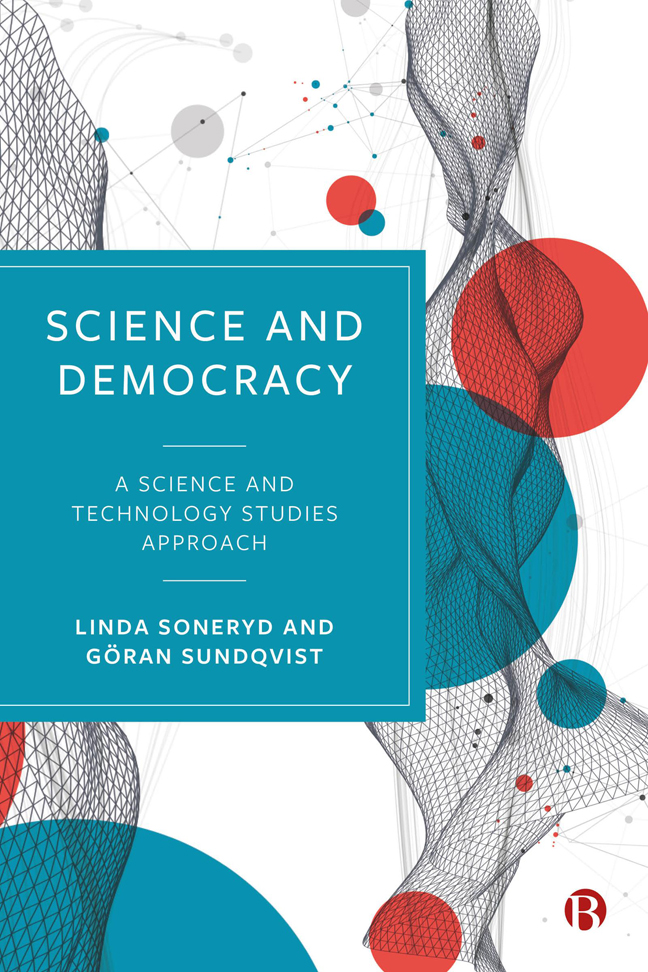6 - Participation as Co-production
Published online by Cambridge University Press: 23 January 2024
Summary
Introduction
Both science and democracy are based on representation. We have suggested that this means a dividing line is created between those who represent and those who are represented. Concerning science, and expert knowledge more generally, fears are sometimes raised in relation to expert rule. However, this is often an unproblematic, and even a desirable, situation. The desire to hand over certain tasks to experts is especially strong when non-experts have no interest in knowing the details, or would not even be able to learn them, but still need to get things done. This applies to everything from healthcare to plumbing, architecture, and energy production. But sometimes engagement and resistance can be mobilized among citizens because the representation – the delegation to experts – is unsatisfactory. Experts can be wrong and can claim authority on issues that go far beyond their expertise and yet have great influence over the course of events. Citizens can sometimes contribute to better representation since they have other, often more local, experiences than the experts. But above all, citizens, relevant groups, and the general public have an important role to play in judging expertise as credible and relevant, or not.
Participation and its role for democracy is much more complex than a simple dividing line between unquestioned delegation to experts and direct participation of laypeople. It involves parliamentary debate and decision-making, practices of public policy making and administration, issue formation and mobilization in social movements, practices of investigative journalism and media reporting, and so on. This also means that there are potentially many democratic sites at which science and technology issues are communicated, decided on, and practiced (Laurent 2017). It means too that for each issue, we might be able to trace particular ecologies of participation – for instance, particular forms of communication and dialogue, assemblies of concerned groups, types of facilitator for participatory events, and institutionalized ways of managing issues in inclusive or exclusive ways (Chilvers and Kearnes 2016).
This chapter returns to the idea described in Chapter 4 of participation as crucial for good governance, exploring this in more depth and in relation to the idea of co-production. In short, participation is understood as being about co-production of issues and actors. In the next section, we discuss why STS is particularly concerned with the question of participation.
- Type
- Chapter
- Information
- Science and DemocracyA Science and Technology Studies Approach, pp. 108 - 123Publisher: Bristol University PressPrint publication year: 2023

